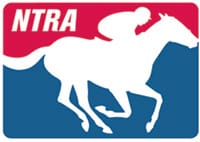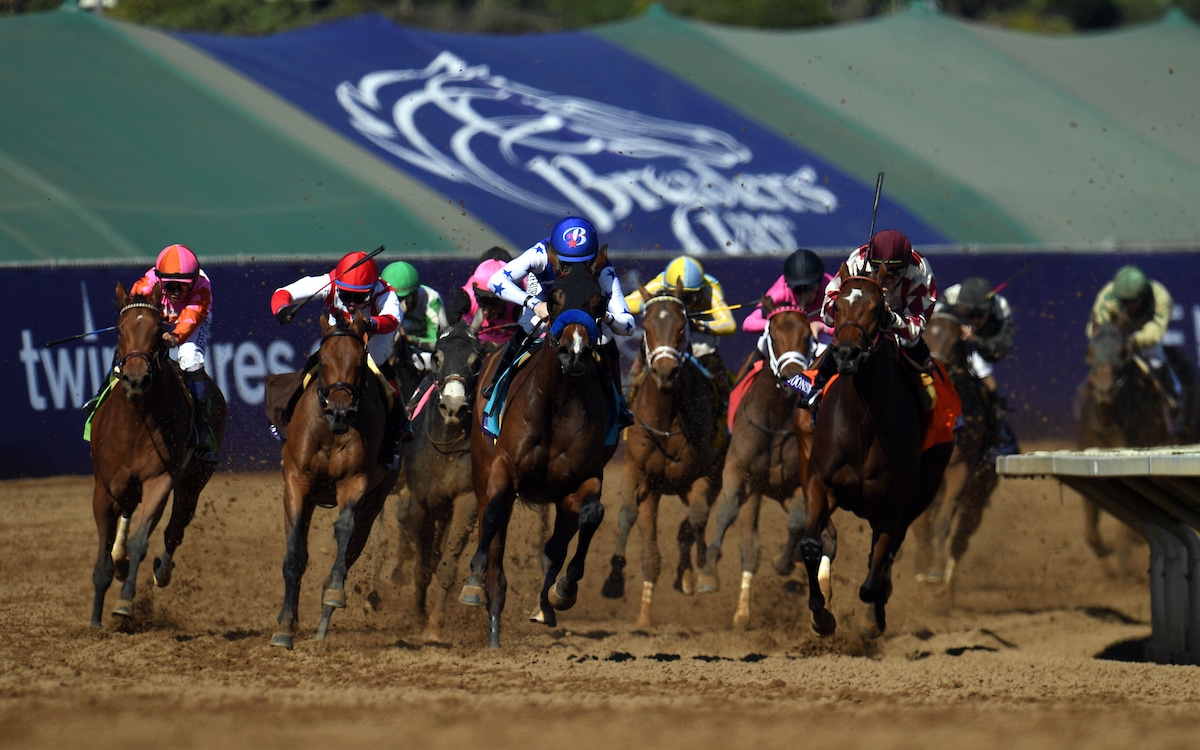As far as principles are concerned, first off get it straight. There are no shortcuts to success in horse handicapping a race. You have to work harder than the other bears to reach the honey and the money. The racing game is a constant work in progress and you have to be in the mindset to learn and get better every day. There is no one correct way to handicap but with that said there are ways that you can put concepts into your arsenal that will enable you to wager with wisdom.
Start with learning how to read the Daily Racing Form.
All races have conditions and you must know the conditions of the race to evaluate each horse’s chances.
Stakes races are the cream of the crop, the best horses around. Handicap races are frays where the racing secretary assigns weights for each horse, which theoretically will bring all the horses together at the end of the race. Allowance races are for the horses that are more valuable than claiming horses, are not offered for sale and who are aspiring to become stakes runners. Claiming horses are entered for sale and can be bought by anyone that has a racing license in the jurisdiction and has enough money on account in the horseman’s office. And maiden races are events for horses that have not yet won a race.
Horse Handicapping Keys
The key to horse handicapping is attempting to figure out how the race will be run. You must be able to project where each entrant will be at any point of the race and this is done by comparing the fractional times, to where each entrant figures in this particular race based on his past performance. Once you can project or figure that certain horses will be near the pace, certain horses will be mid-pack in the race, and certain horses will be far back, then you are well on your way to visualizing how the race will be run and who may come out on top when the smoke clears.
Again theoretically if there is only one horse in the race that has superior early speed, his chances of going wire to wire is strengthened. If there are a number of horses that possess similar early speed, this could set up the winning move for a runner that can come from mid-pack or from far back.
Each race is a puzzle wrapped in an enigma and that’s what makes racing so fascinating.
THE HUMAN FACTOR: Other important things to consider are the jockey, trainer, when the horse raced last and who has that horse been facing.
Players must know the top riders and trainers on their circuit and then go a step further by investigating where those human players excel.
Some riders fit certain horses with certain styles. And some trainers excel in particular categories like first-time starters, turf runners, runners first time after being claimed or runners that are coming back from an extended vacation. It’s up to the bettor to do his research.
Know Your Horse Handicapping Options
When it comes time to stepping up to the plate and making the wager, be well versed about what you want to bet and how much you expect to make from that bet.
There are a plethora of options. There is straight win, place and show wagering. Daily doubles are the winners of 2 designated races.
Exactas, which are the exact one/two finishers of a race and quinellas, the one/two or two/one finishers of a race are both popular and playable.
Trifectas and superfectas are extended exactas to the third and fourth finishers respectively. Pick 3s to Pick 6s are the wagers that must pick the winners of consecutive races and can be the payday that all are looking for.
CASH MANAGEMENT: Managing money is paramount to success at the track. Never bet over your head and never chase your cash. If you are having a bad day, there will always be another day to wager so don’t panic.
Rate your bets and determine how much a prime bet or a side bet will fit into your bankroll. Prime bets should be a percentage of your overall bankroll, sometimes in the 5% range, that you have put aside to bet on the horses. Side or action bets should be wagers that don’t fit into your prime parameters but offer value in a certain situation.
FLEXIBILITY/PATIENCE: The successful horseplayer must have control, must know when to hold them and when to fold them and at the same time not be too rigid. Each race is different and players must adapt on the fly sometimes. Keep eyes and ears open and good luck to all.







